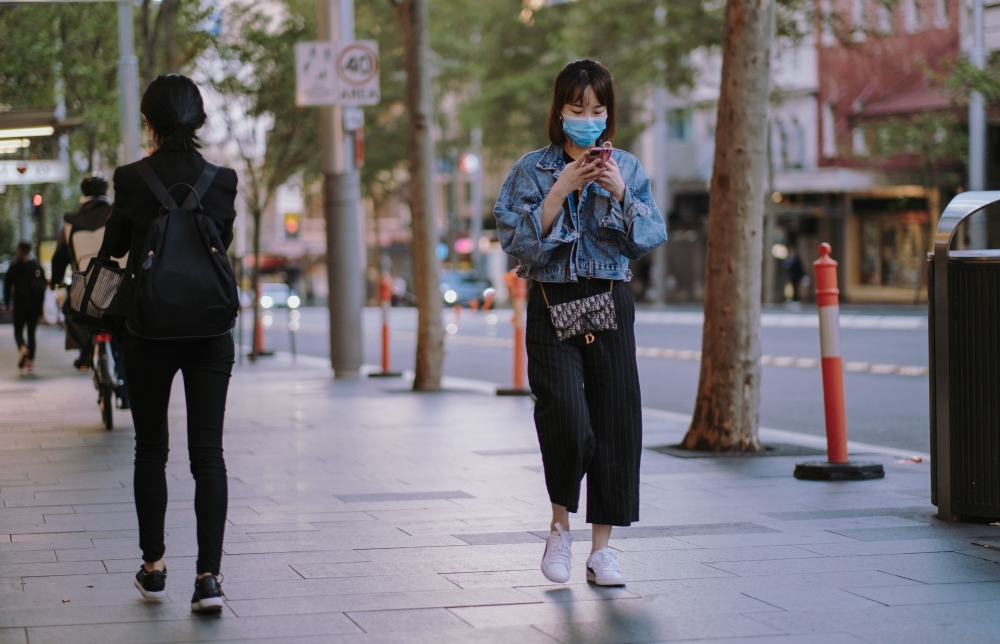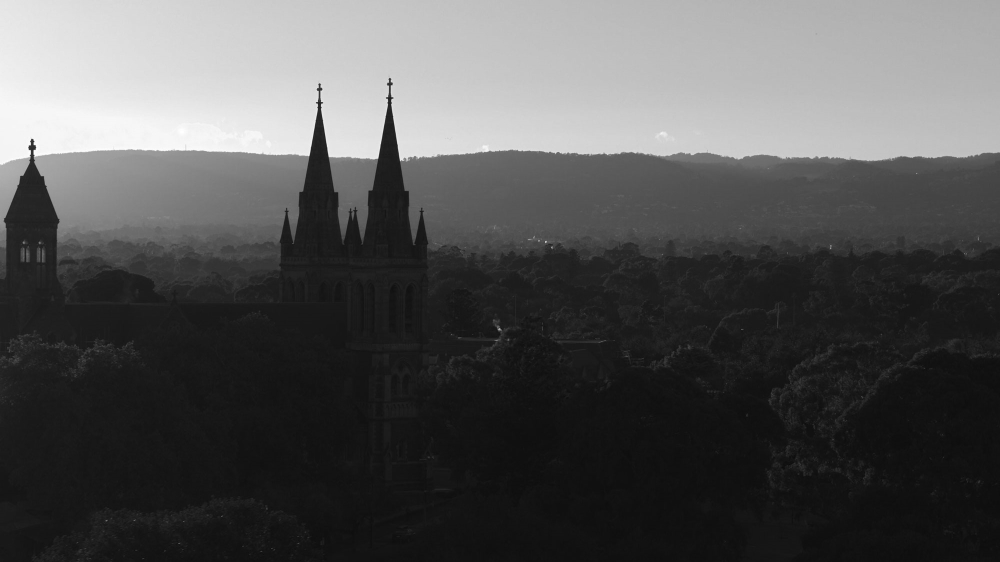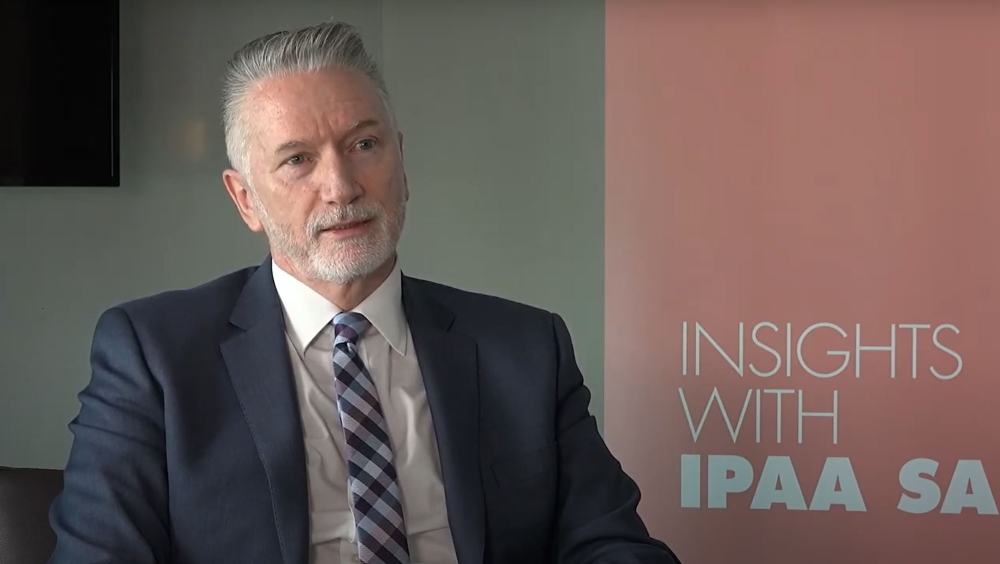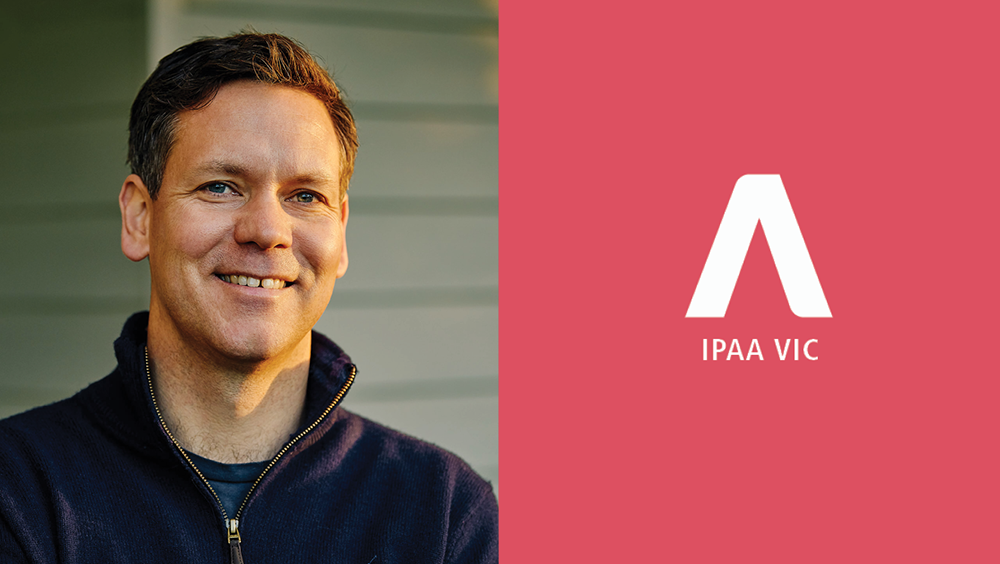COVID-19 and urban Australia — the experience of two capital cities

How are city administrations responding to the COVID-19 pandemic? And how might cities change as a result of the coronavirus?
Australia’s major cities have felt the full force of the health and economic crises brought on by the COVID-19 pandemic. It has challenged the assumptions of city officials towards the services they provide to the community, the way people interact within cities, and has come at significant financial cost to local governments.
Two recent interviews provide different perspectives on the impacts of COVID-19 to the cities and communities of Adelaide and Melbourne.
The first interview with Mark Goldstone — Chief Executive Officer with the City of Adelaide — was part of IPAA South Australia’s Virtual on the Couch series.
The second interview with Andrew Wear — Director of Economic Development at the City of Melbourne and author — was for the IPAA Victoria Public Sector Perspectives podcast.
The Adelaide experience of COVID-19
Mark Goldstone spoke about the enormous challenges faced by the City of Adelaide due to the COVID-19 pandemic saying, that ‘from a resourcing point of view, local government doesn’t qualify for JobKeeper and therefore the financial impacts of COVID-19 have been massive’.
He described how income for capital city councils is generated from rates, fees, and charges. In Adelaide, council charges for city parking and manages the aquatic centre and golf course.
‘Fifty-two per cent of our income comes from rates and 48% of our income comes from those fees and charges.
When a community is required to pretty much shutdown — as we were several months ago, and people stopped coming to the city — a significant portion of that income, the fees and charges, stopped as well.
And so we experienced a $25–30 million impact on our income for this financial year — which is seriously massive — along with the fact that some of rate payers are also experiencing hardship and have been required to withhold some of their payments through hardship provisions.’
The impact on the council’s bottom line has required it to make ‘some incredible decisions leading up to the end of the financial year to stay financially sustainable during that period’. Mark described how council had to rejig the timing of many of its projects and to change its workforce:
‘We had to put a hold on all our temporary labour, our trainees and apprentices, and some of our contracted staff… we’ve had to reduce any opportunity we had for staffing where possible so that we could achieve savings in the conclusion of the financial year…
…The current budget has had to be set in two phases because this is such a changing environment it is not possible to predict how we’re going to do.
At the moment the City of Adelaide and South Australia is doing really well… but the return to normal hasn’t occurred, and won’t occur for some time.’
There have been three major impacts on the city that have had an astounding impact on the way the city operates: the international student sector has fallen away, the commercial operations of the city have changed with many businesses operating largely in the suburbs because their workers are now working from home, and the retail sector.

The City of Adelaide.
Credit: South Australian Tourism Commission.
Mark described the impacts on the city itself:
‘You’d only have to walk around the city in the last few months to realise how dramatic the change has been.
When the city was closed down — largely with people required to stay home — we had businesses closing, we had hardly anyone around, and trying to accommodate a different feel in the city was quite challenging.
As a capital city council we still were required to maintain the city and required to service what was occurring in the city’.

Mark Goldstone, Chief Executive Officer of the City of Adelaide.
The community were affected by the gradual closure of a number of facilities including the aquatic centre and golf course, libraries and community centres:
‘The impacts of those closures were quite profound on the city… we’ve had to work really hard to manage those facilities as best we could, providing some level of service by way of online and other innovative ways of allowing the public to access remotely….
…we’ve learnt a lot… whereby we can provide services in a different way that is quite acceptable to the community…
…and so we’re starting to see those services be reopened and being able to be operated with some restrictions in place that are seen as positives.’
IPAA South Australia produces the Virtual on the Couch series to help South Australians stay informed during COVID-19. The series is delivered in partnership with the South Australian Leadership Academy (Office of the Commissioner for Public Sector Employment) and PwC.
Pandemics Challenge the Very Idea of Cities
Andrew Wear says that cities are now facing an existential crisis due to the pandemic:
‘The essence of cities is densely populated places where people come together to interact — which is exactly the sort of thing we don’t need in the midst of a pandemic…
…The question that remains though, is to what extent will cities be different after this pandemic? What will be bounce back, and what will be different?’

Andrew Wear
Director of Economic Development at the City of Melbourne and author of ‘Solved! How Other Countries Have Cracked the World’s Biggest Problems and We Can Too’.
‘At the heart of what drives cities… is this notion that humans are social beings.
We love to share and develop knowledge and when we come together we create something that is greater… by that collision of ideas and inspiration, and the ability to collaborate, and have serendipitous moments of interaction — that’s the value that cities offer and bring.’
Andrew described the activity within a city as being similar to that of a hive of bees:
‘Individually we’re not really at our best, we aren’t producing in the same way as when we come together in large groups to innovate, and share ideas and knowledge…
…And when that get’s disrupted by a crisis such as this, the city feels it.’
The Melbourne Experience of COVID-19
Andrew spoke about the anecdotal reports he has heard about the experience of Melbournians working from home:
‘What I’m hearing is this hunger, this appetite to get back to work into the CBD, or in the city in their office… to be interacting with their colleagues in a very human way.
The novelty of working from home has worn off, and I do wonder how, if working from home were to continue for an extended period of time, the extent to which people would genuinely want to continue it.’

The City of Melbourne.
Credit: Denise Jans, Unsplash.
Andrew said it was important that those who are able to work from home remember people are experiencing the city in different ways:
‘If I recall the statistics correctly, only 40 per cent of jobs can be done working from home…
…most jobs, whether it be those working in healthcare, or education, or manufacturing, or transport and logistics, or hospitality… any of those jobs aren’t done from home.’
Andrew expected the heaviest economic impact from the pandemic to be felt in the more densely populated areas like the inner cities of Melbourne and Sydney. And he called on public servants to be bold in their thinking and their advice to elected representatives:
‘Everything about this crisis has been large — the size of the fiscal response, the economic impact, the health impact, the scale of the recovery that we’re going to need to go through — everything about it is large.
And the policy response will need to be large… that really puts the onus back on the public servants to expand their thinking beyond the everyday — to go out and look for the best ideas, the biggest ideas, the most consequential ideas in the world, and really be bold enough to be feeding those back up to elected representatives, to have those conversations… about what just might be possible on the other side of this.’
Produced by IPAA Victoria, the Public Sector Perspectives podcast features conversations with incredible people highlighting the interesting work in government and across the Victorian Public Sector.
